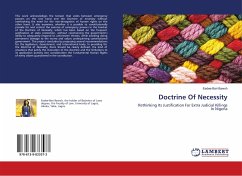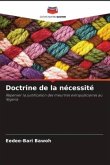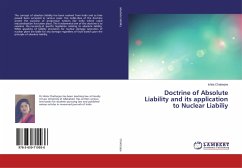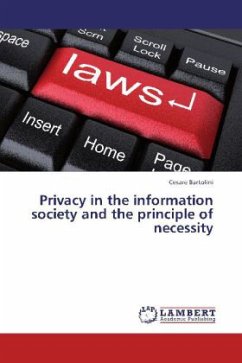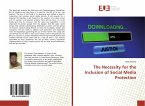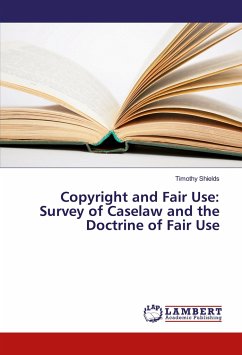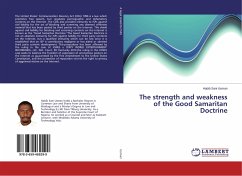This work acknowledges the tension that exists between emergency powers on the one hand and the Doctrine of necessity without overlooking the need for the non-derogation of human rights on the other hand. It also examines, whether it is possible to constitutionally provide for and control the exercise of emergency powers in the bracket of the Doctrine of Necessity, which has been based on the frequent justification of state protection, without constraining the government's ability to adequately respond to unforeseen threats, while avoiding doing permanent damage to the norms and values underpinning constitutional government. This project concludes by proposing several recommendations for the legislature, Government, and International body. In providing for the Doctrine of Necessity, there should be clearly defined, the kind of situations that justify the invocation of the doctrine and the limitations to its application putting into consideration the fundamental Human Rights of every citizen guaranteed in the constitution.
Bitte wählen Sie Ihr Anliegen aus.
Rechnungen
Retourenschein anfordern
Bestellstatus
Storno

